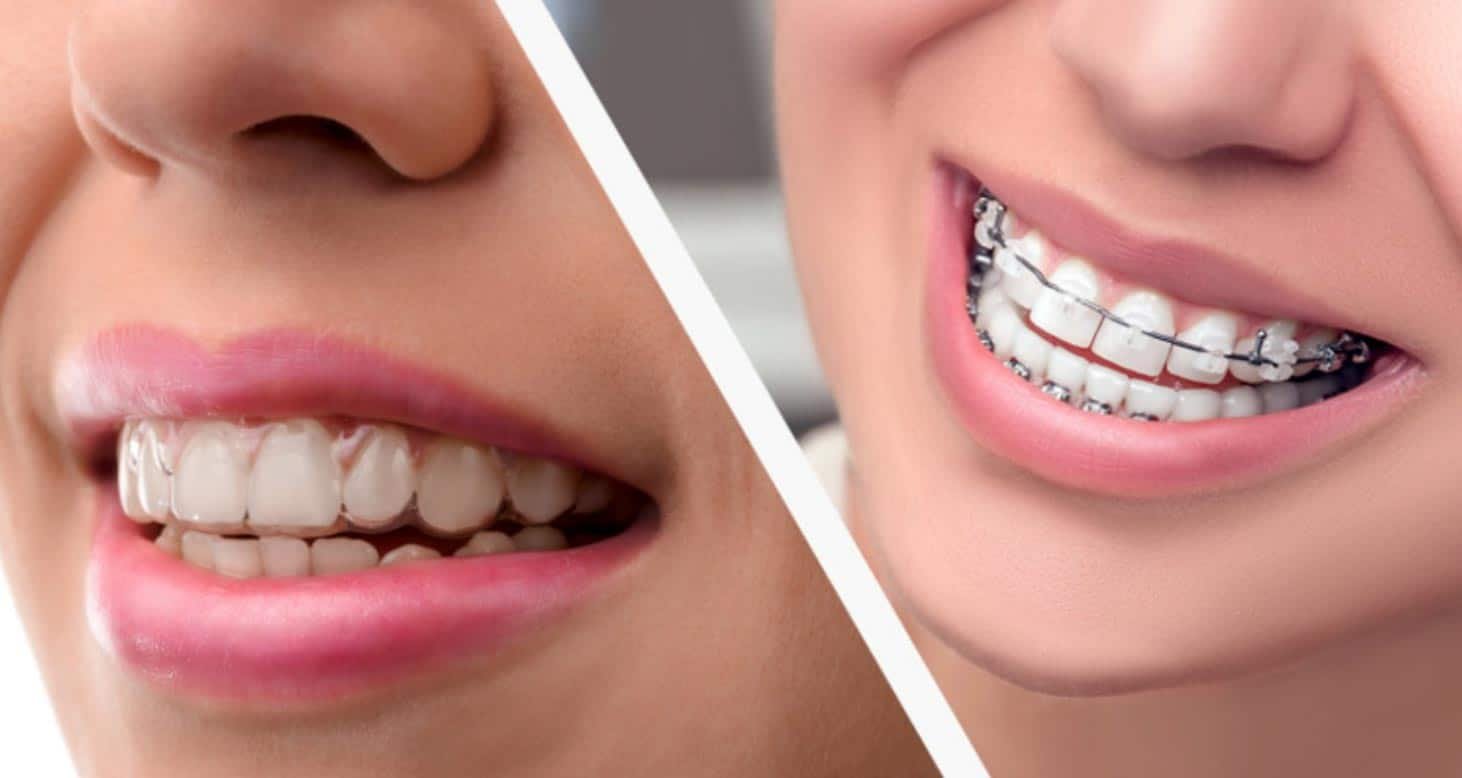What Is Sciatic Nerve Pain Treatment?
Sciatica is a back pain that originates in the lower back and radiates into the legs and occasionally into the feet. Back pain specialists Paramus explain that your sciatic nerve becomes compressed when something in your body causes it. Others report tingling, numbness, and weakness in their legs, while others feel a sharp, acute pain.
Though it causes pain and agony, numerous efficient sciatic nerve pain treatment is available. Most sciatica sufferers recover without surgery, and around half do so in just six weeks with rest and medicine.
How do doctors diagnose and treat sciatic back pain?
Nonsurgical options
With at-home treatments, most sciatica sufferers recover within a few weeks. Your back pain specialists woodland will first advise attempting some combination of these straightforward solutions if your pain is relatively light. If it isn’t keeping you from going about your everyday business.
Exercise
Inflammation might improve when you’re in motion, so brief walks can be a good option. Your physical therapist and back pain specialists woodland park can ensure that you are using the proper form to prevent future injury to yourself.
Limited bed rest
According to a back doctor NJ, Confined bed rest It’s necessary to be on a firm mattress or the floor, and three days off your feet typically does the trick. It’s better to resume your regular activities after that.
Hot and Cold packs
Apply each to your lower back for a few minutes daily. For a few days, use cold packs first, then heat packs.
Alternative therapies
Many individuals think that complementary treatments for sciatica include yoga, massage, biofeedback, and acupuncture.
According to back pain doctor woodland park, the painkillers you can buy over-the-counter should be your first choice. However, acetaminophen and NSAIDs like aspirin, ibuprofen, and naproxen are highly beneficial. You shouldn’t use them for prolonged periods without consulting your doctor.
How does surgery help us with sciatic back pain?
Surgery is the last resort to treat about 5% to 10% of patients with sciatica when all other alternatives fail. After three months of resting, stretching, and medication, if you have milder sciatica but are still in pain, you and your doctor may likely need to discuss surgery. Cauda equine syndrome is a disorder that causes you to lose control of your bowels and bladder. It can rarely be brought on by sciatica and is a straight-to-surgery condition.
What are the two main surgical options for sciatica?
Laminectomy and diskectomy are the two primary surgical treatments for sciatica.
Diskectomy
Your surgeon will remove whatever is impinging on your sciatic nerve during this treatment, be it a bone spur, a herniated disc, or something else. The aim is to remove the portion causing sciatica. Still, occasionally doctors must remove the entire disc to address the problem.
Laminectomy
The spinal cord’s protective bony ring includes the lamina. A laminectomy removes the lamina and any tissue pushing on the painful nerve. You will receive general anesthesia. It means you won’t be conscious for the duration of the procedure, which could take up to two hours.
Conclusion
We hope the above-provided information will help you learn some beneficial and valuable aspects regarding sciatic back pain and sciatic nerve pain treatment. For further informative details regarding sciatica, please visit backpaindoctornj.com.











